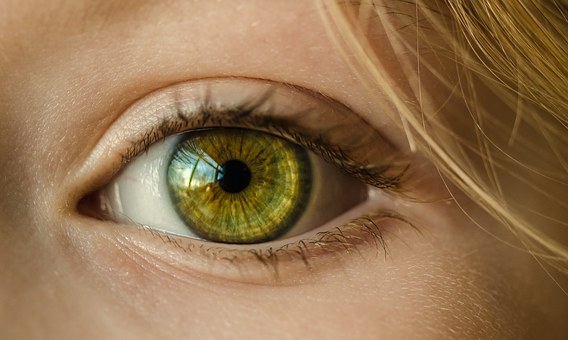The results of two clinical trials using human embryonic stem cells to treat AMD [1] have just been presented at the annual meeting of the American Academy of Ophthalmology. The cells injected into patients’ eyes “appear to have replaced cells damaged by the disease”.
In both tests, scientists differentiated human embryonic stem cells into retinal pigment epithelial (RPE) cells, which they injected into patients’ eyes. These RPE cells support the retina by nourishing photoreceptors or managing photoreceptor waste. Their dysfunction is due to the loss of vision associated with age-related macular degeneration. They are “relatively easy” to cultivate in vitro. They do not require any neuronal connection and are transplanted in one of the rare areas of the body with a low risk of rejection of the transplanted cells.
The first trial was carried out by a team at the Hadassah University Medical Centre in Jerusalem[2] and the second one at the Bascom Palmer Eye Institute in Miami.
Note from Gènéthique: In Japan, a trial with the same objective is being carried out. However, the Japanese trial uses induced pluripotent stem cells, which do not pose any basic ethical problem, unlike human embryonic stem cells. Initial results are encouraging (see iPS cells and AMD: the Japanese trial continues using new methods , “In the future, all diseases could potentially be treated with iPS cells”).
[1] Age-Related Macular Degeneration.
[2] Authorisation of a new clinical trial based on human embryonic stem cells, Human embryonic stem cells and AMD: the trial continues in Israel
Medical press (14/11/2017)

